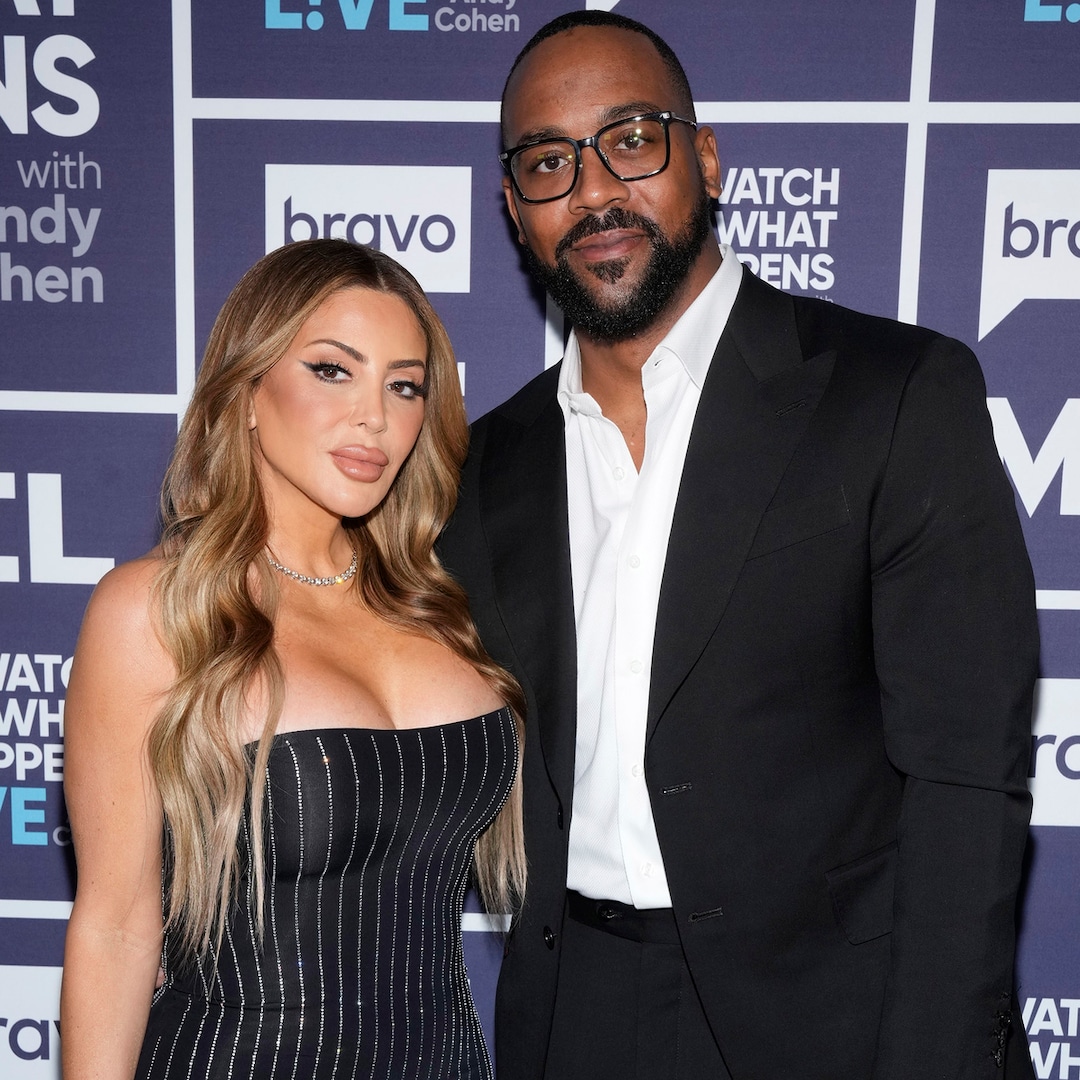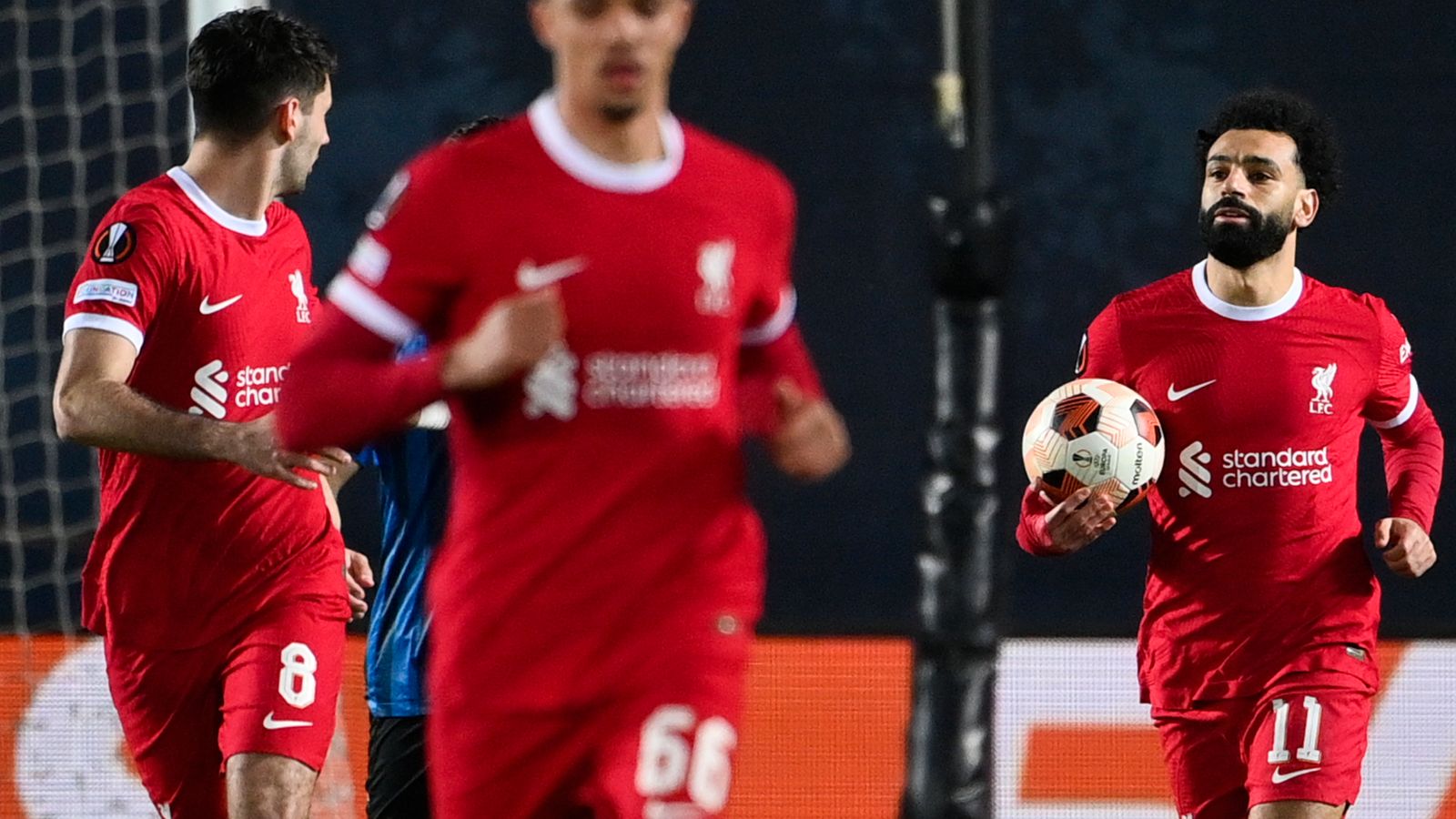BREAKINGBREAKING, ABC News reports missiles striking a target in Iran, with Iran’s state TV reporting explosions in Isfahan. Israeli missiles
LATEST NEWS
TECHNOLOGY

Internet users are getting younger; now the UK is weighing up if AI can help protect them
Artificial intelligence has been in the crosshairs of governments concerned about how it might be misused for fraud, disinformation and

I tested Samsung’s flagship laptop and it gave my MacBook Pro a run for its money
Samsung Galaxy Book 4 Ultra pros and cons Pros Large OLED touchscreen display High-performance laptop with discrete GPU Fantastic battery

Tesla still plans to build 1,800-mile charging corridor for semi trucks despite Biden funding snub
Tesla is pushing forward with a plan to build an electric big rig charging corridor stretching from Texas to California,

Boston Dynamics’ latest Atlas robot sure has some (creepy) moves
Boston Dynamics Just a day after announcing the retirement of Atlas the hydraulic humanoid robot, Boston Dynamics has revealed a

The Samsung QLED TV that most people should buy is up to $2,400 off
Kerry Wan/ZDNET What’s the deal? Amazon is currently discounting up to $2,400 off the QN90C Neo QLED model. The 55-inch
World

Israeli missiles hit site in Iran, explosions heard in Isfahan: Report | Politics News
BREAKINGBREAKING, ABC News reports missiles striking a target in Iran, with Iran’s state TV reporting explosions in Isfahan. Israeli missiles














